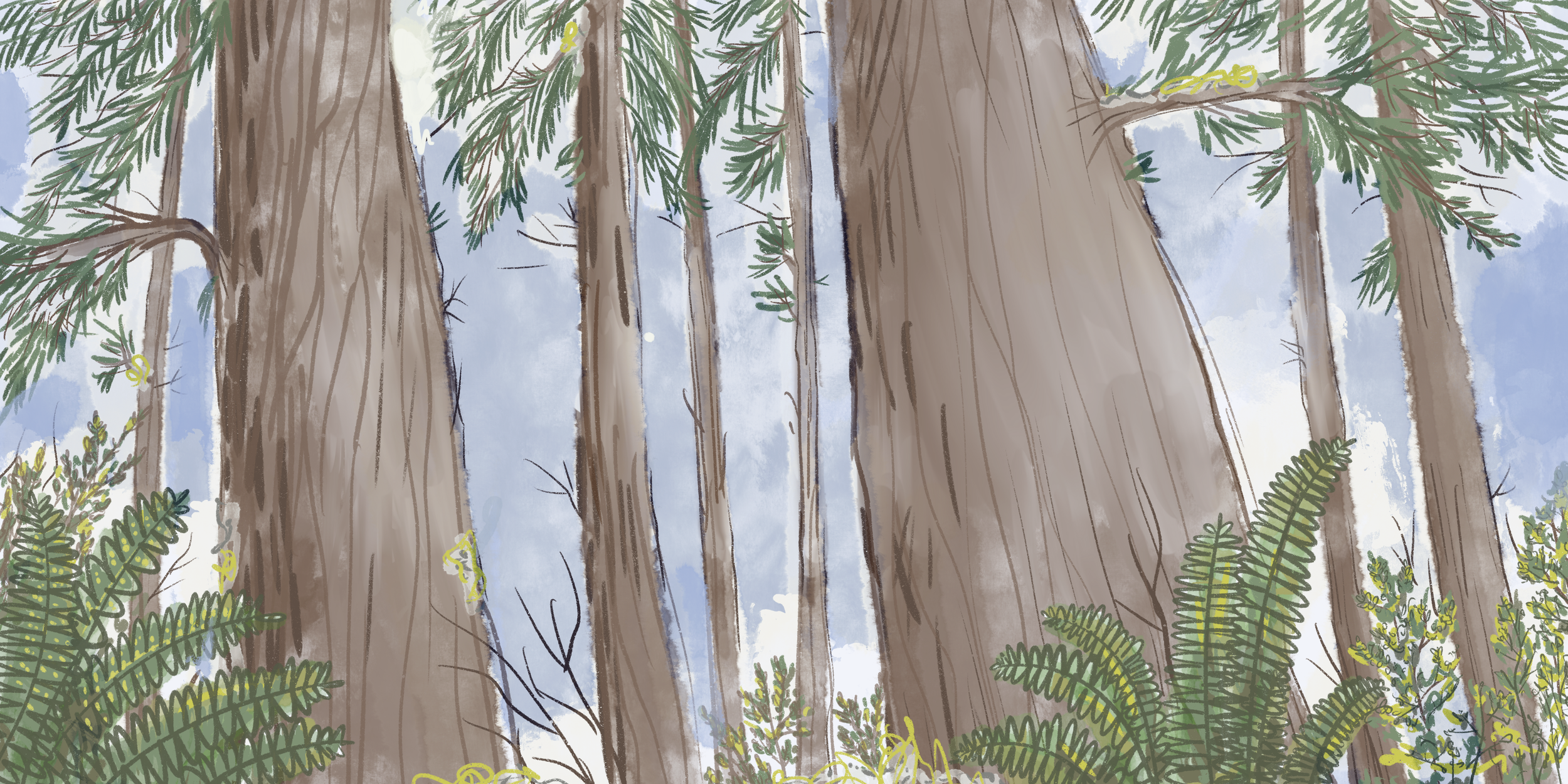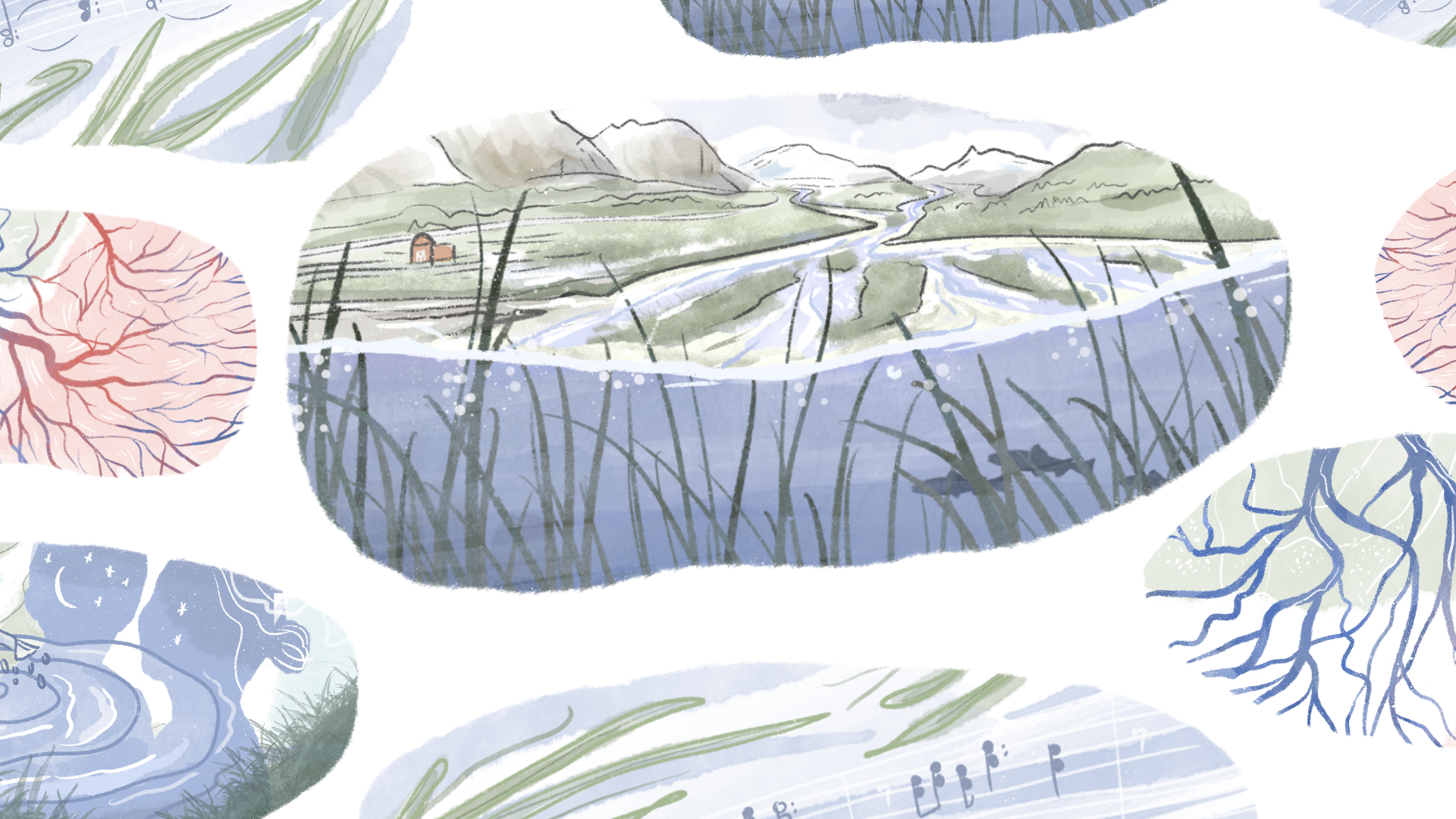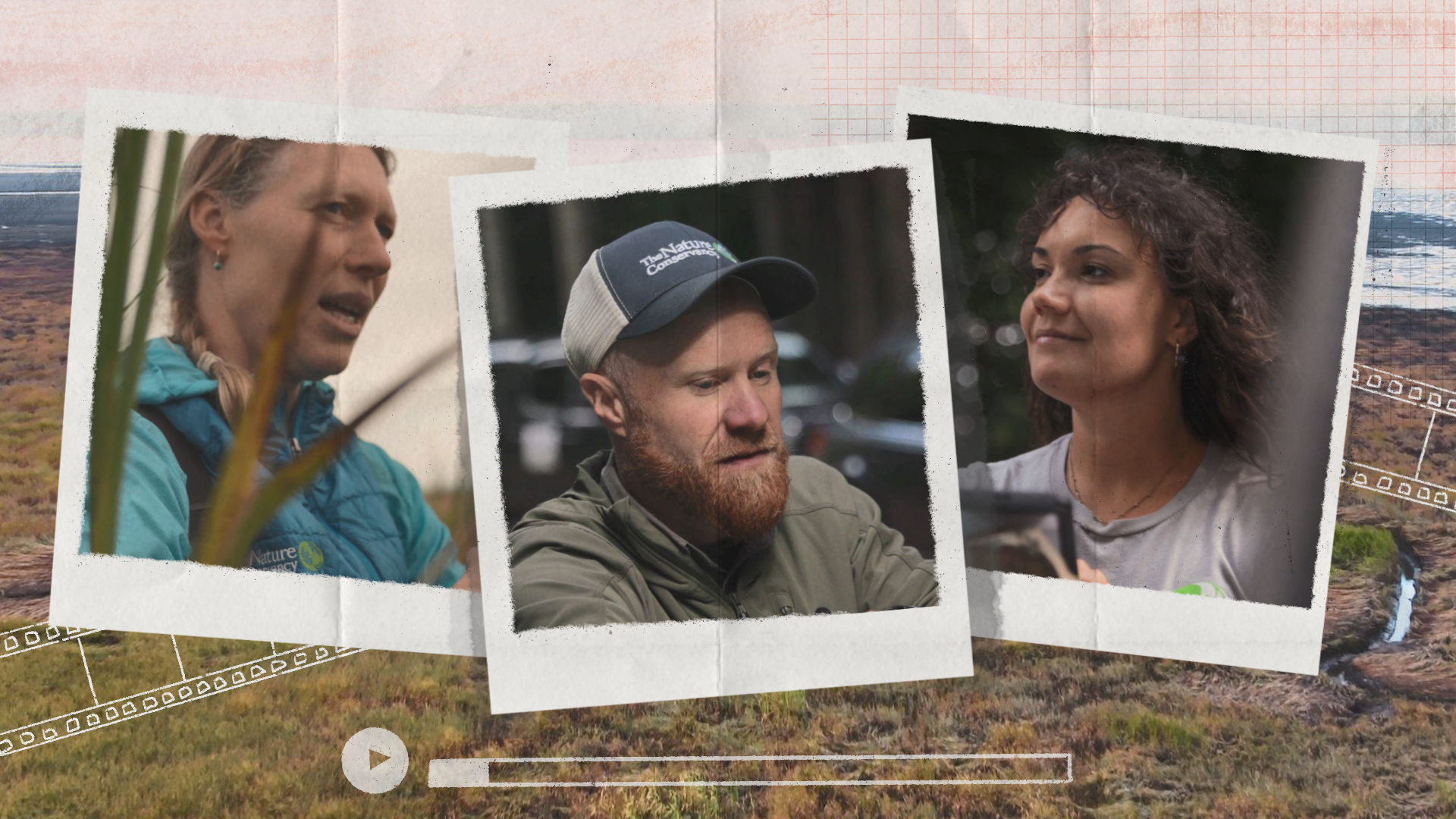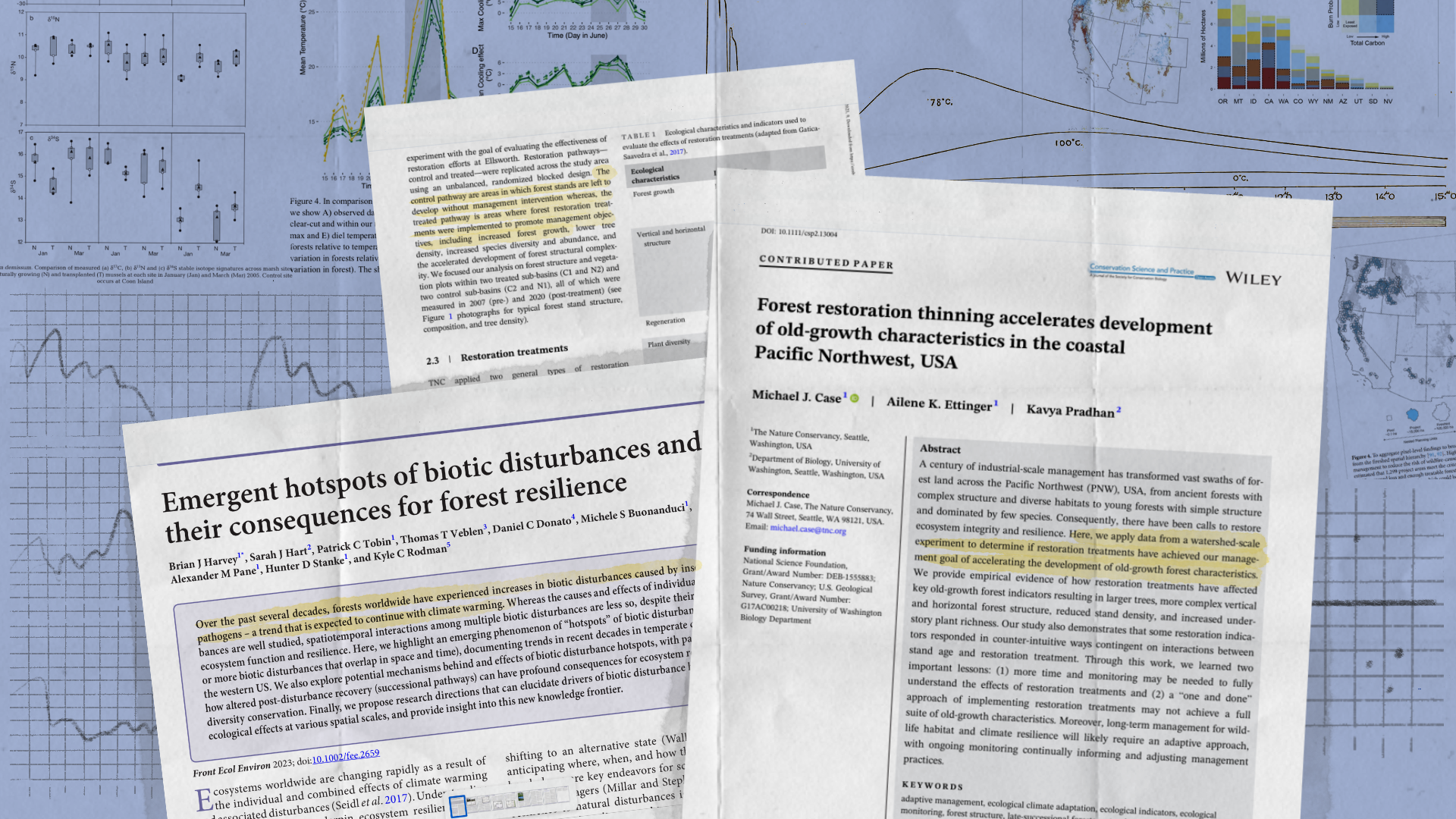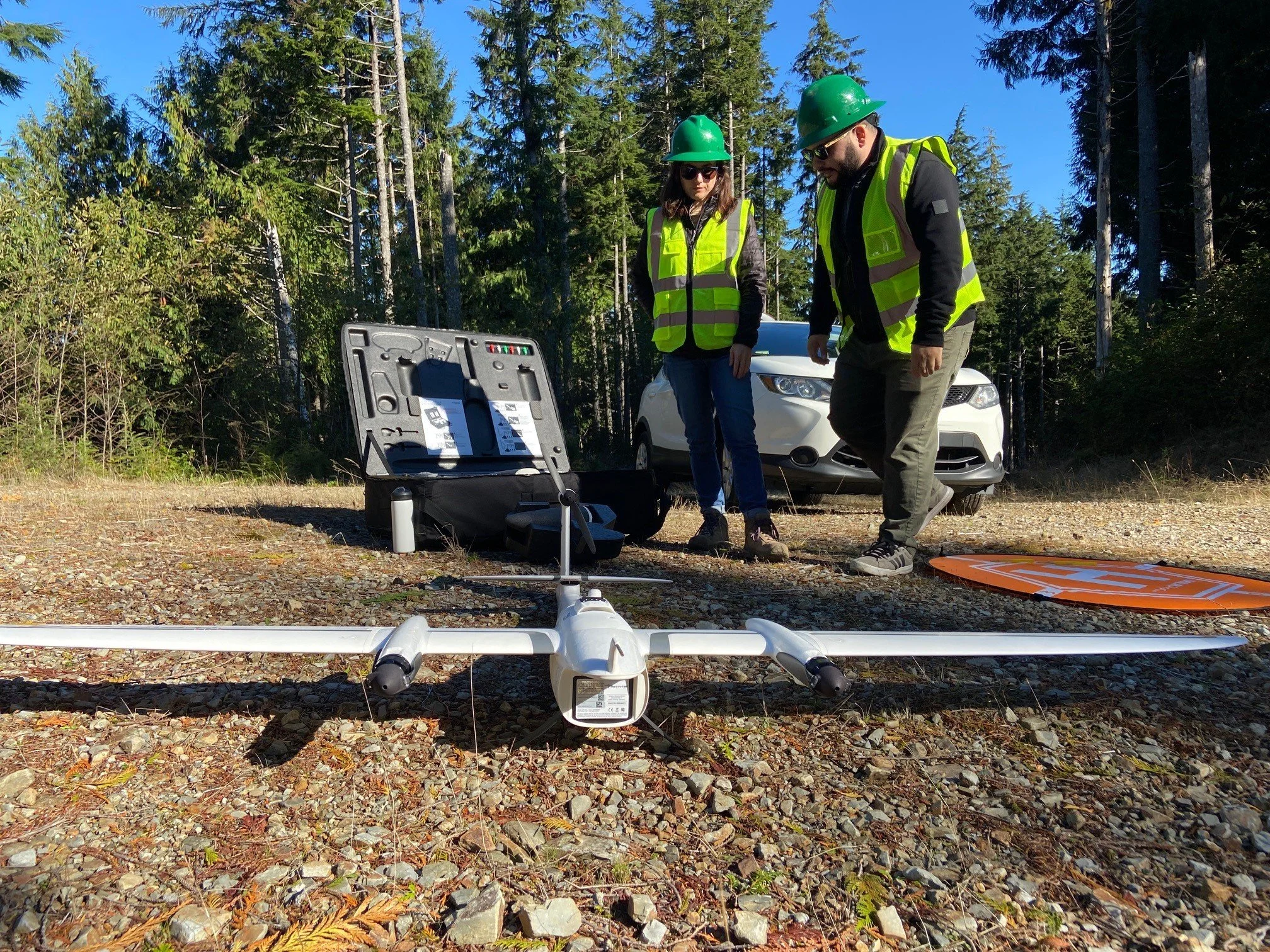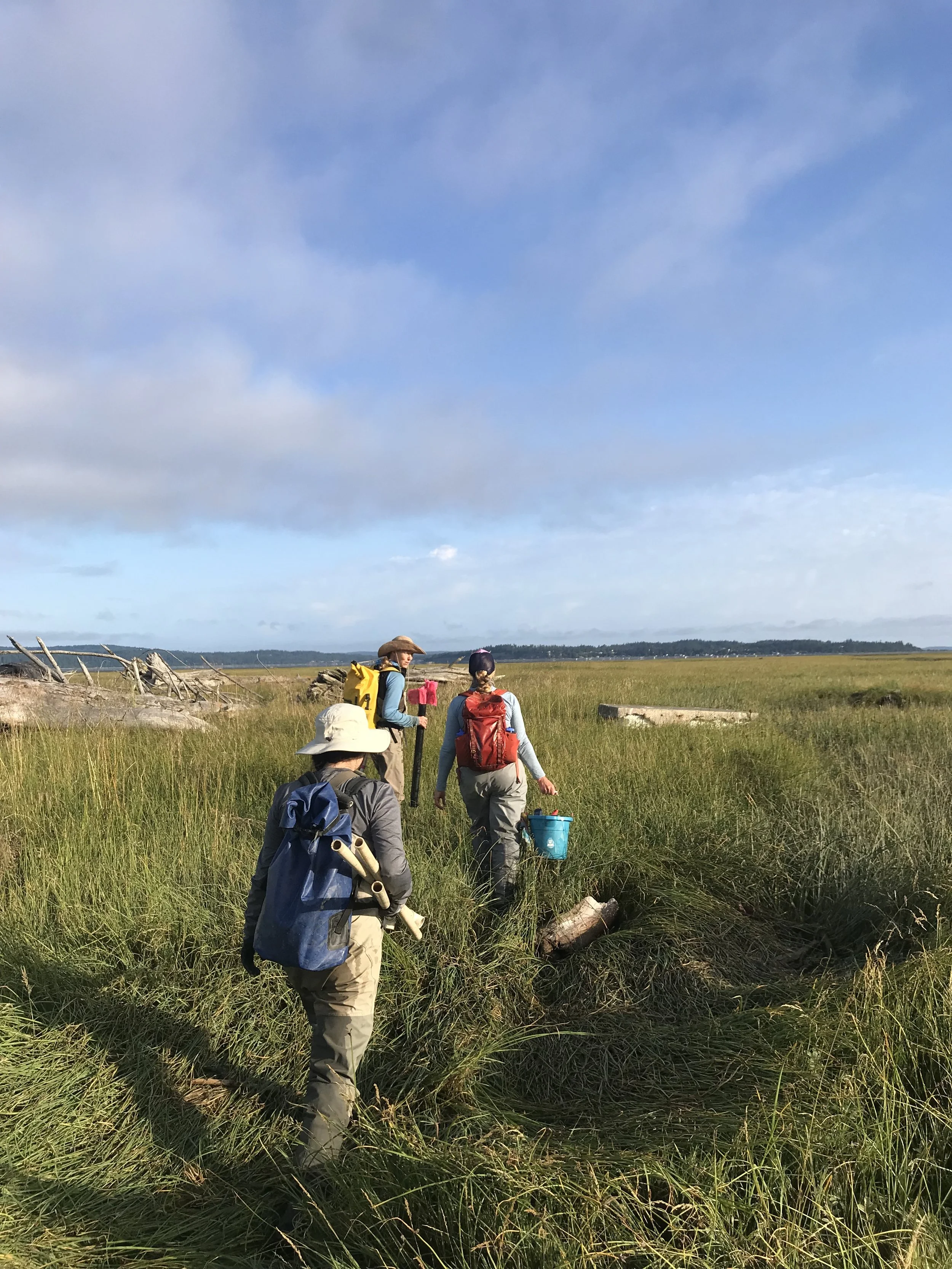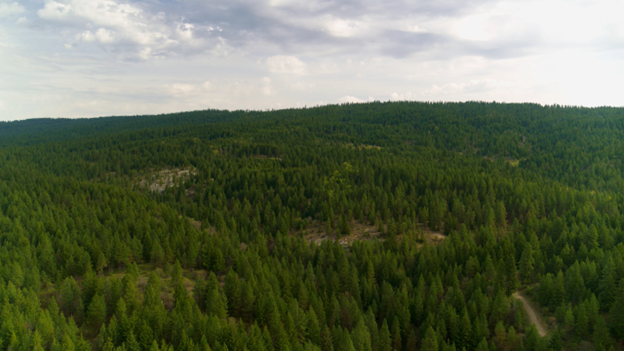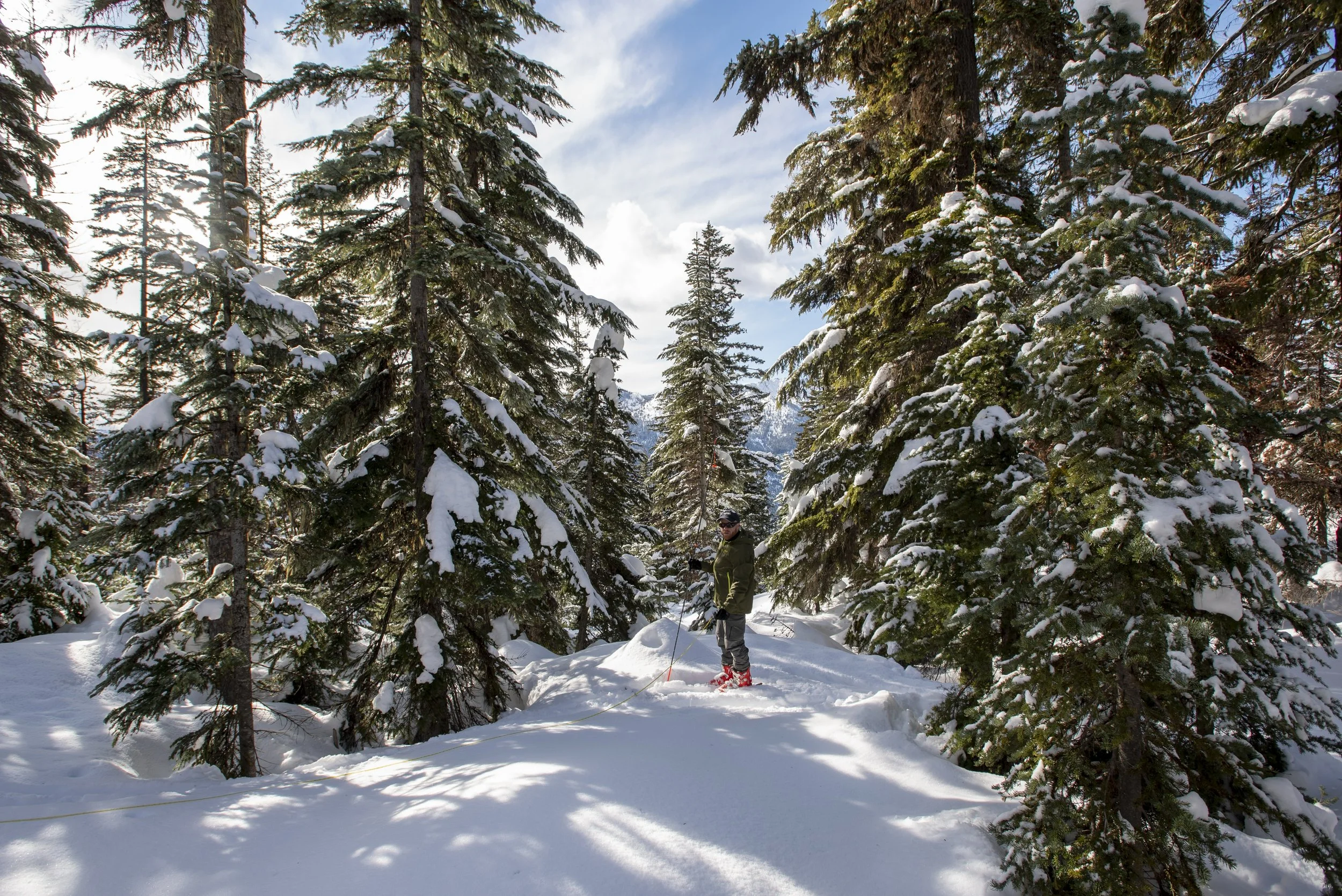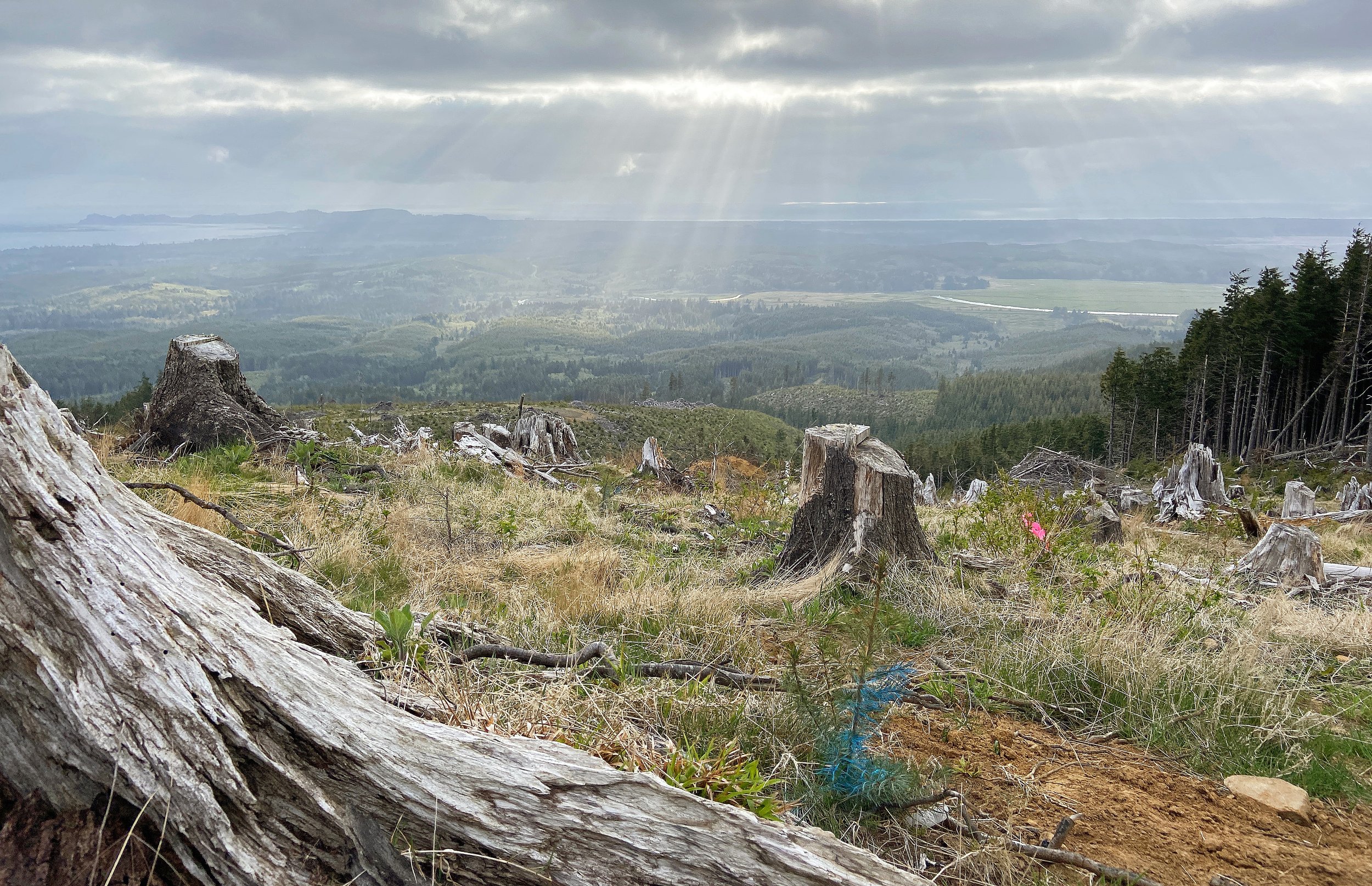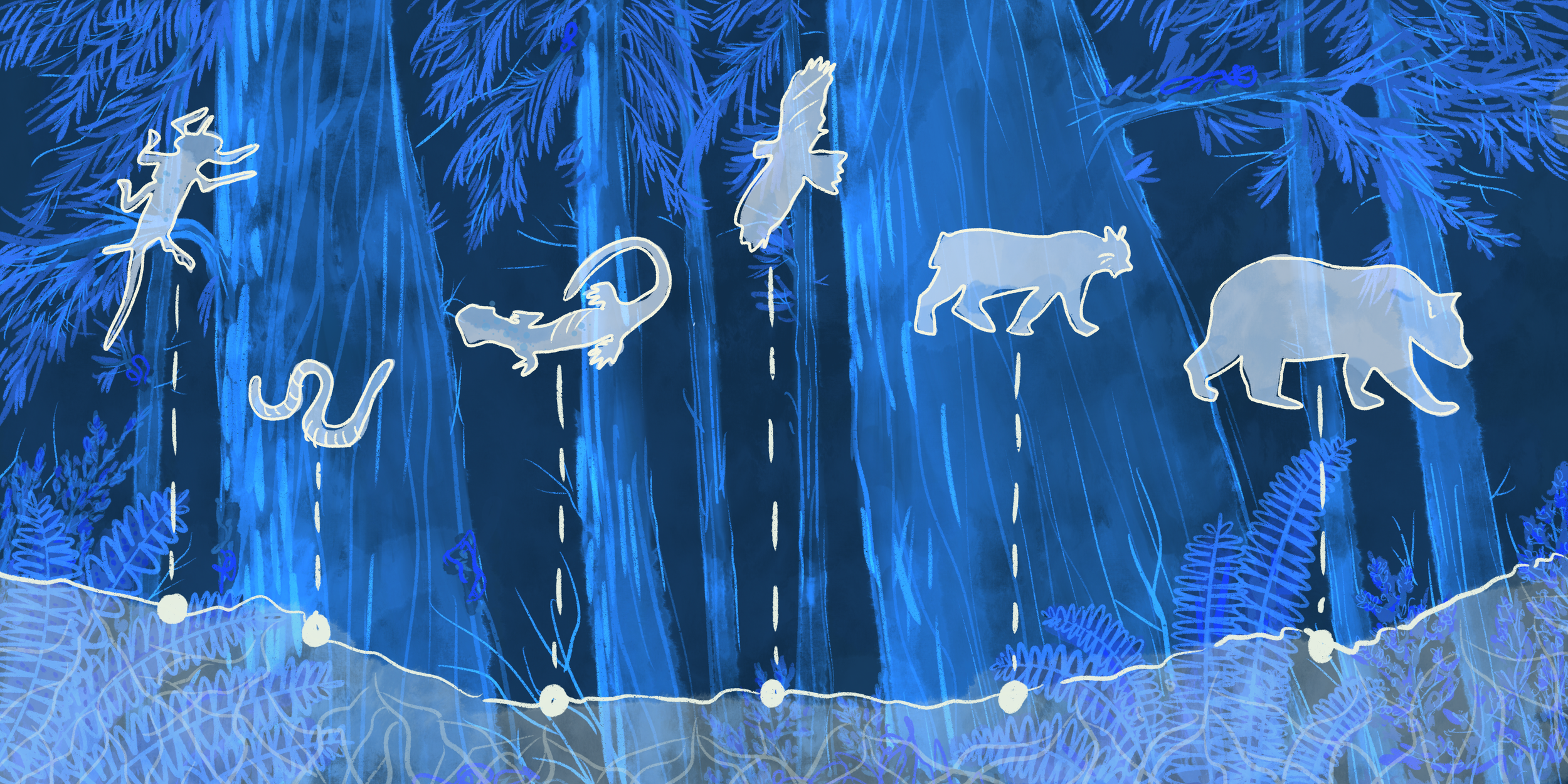The Nature Conservancy’s scientific capacity is infused with flexibility and vigor by University of Washington undergraduate and graduate students and post-graduate researchers.
A scientific partnership between The Nature Conservancy (TNC) and the University of Washington (UW) brings an emerging generation of scientists, educators and conservation leaders to tackle Washington’s most pressing environmental challenges.
20 scientists in the TNC-UW Partnership
6 scientists (TNC in Washington)
1 post-doctoral fellow
(TNC in Washington)13 graduate students
(University of Washington)
Scientists within the TNC-UW partnership approach conservation science with a focus on the intersection of people and nature, while recognizing that the health of both are impossible to separate.
Laura Nelson, a PhD student at the University of Washington, works to understand how coastal communities on the West Coast of the U.S. are affected by climate impacts on fisheries. More specifically, she looks at how individuals in those communities perceive the risks to their wellbeing and/or food security because of those impacts and what they think about their ability to adapt to any changes.
Marissa Paulling, a graduate student at the University of Washington, studies fishing patterns influenced by the reopening of the trawl Rockfish Conservation Area (RCA) off the coasts of Oregon and California. Balancing conservation and fishing opportunities is challenging. The groundfish fishery of the West Coast is unique in that it is a great success story of how management and conservation can lead to a sustainable fishery.
Kavya Pradhan, a graduate student at the University of Washington and a Northwest Climate Adaptation Science Center fellow, hopes her research findings will support incorporating climate-smart forest restoration into management plans so that forests in the future can be more resilient to climate change.
Tiara N. Moore, Postdoctoral Fellow at The Nature Conservancy, researches environmental DNA, or eDNA. This genetic material is found in a soil, water or air samples from species as they pass through an environment. Soil eDNA data can inform our restoration efforts and mitigate the impacts of climate change. Our eDNA research is just one path we are taking to restore forests at The Nature Conservancy’s Ellsworth Creek Preserve on the Washington coast.
This type of innovative pairing of science and management can also help to establish best practices for restoration efforts globally to ensure the conservation of the planet for our lifetime and beyond.
Emily Howe, aquatic ecologist at The Nature Conservancy, is researching how warming temperatures brought on through climate change is leading to less snowpack and earlier spring melt-out dates. This has implications for regional water supply, land management, water quality and salmon health. Her work investigates where to invest in our forests and rivers to improve climate resilience, watershed function and snow pack retention.
Jamie Roberston, geospatial ecologist at The Nature Conservancy, researches how Natural Climate Solutions (NCS) can combat climate change and how NCS pathways can provide co-benefits for people and nature, such as for salmon recovery.
Natural Climate Solutions harness the tremendous capacity of forests, wetlands and farmlands to combat climate change. Protecting and restoring our forests and wetlands and improving soil health will be essential to slow the pace of climate change and its impacts on people and nature.
The partnership between TNC and UW is bringing cutting-edge natural and social science solutions to critical conservation work here in Washington. The emerging generation of scientists, educators and conservation leaders are all contributing crucial work to create a shared future where people and nature thrive.










